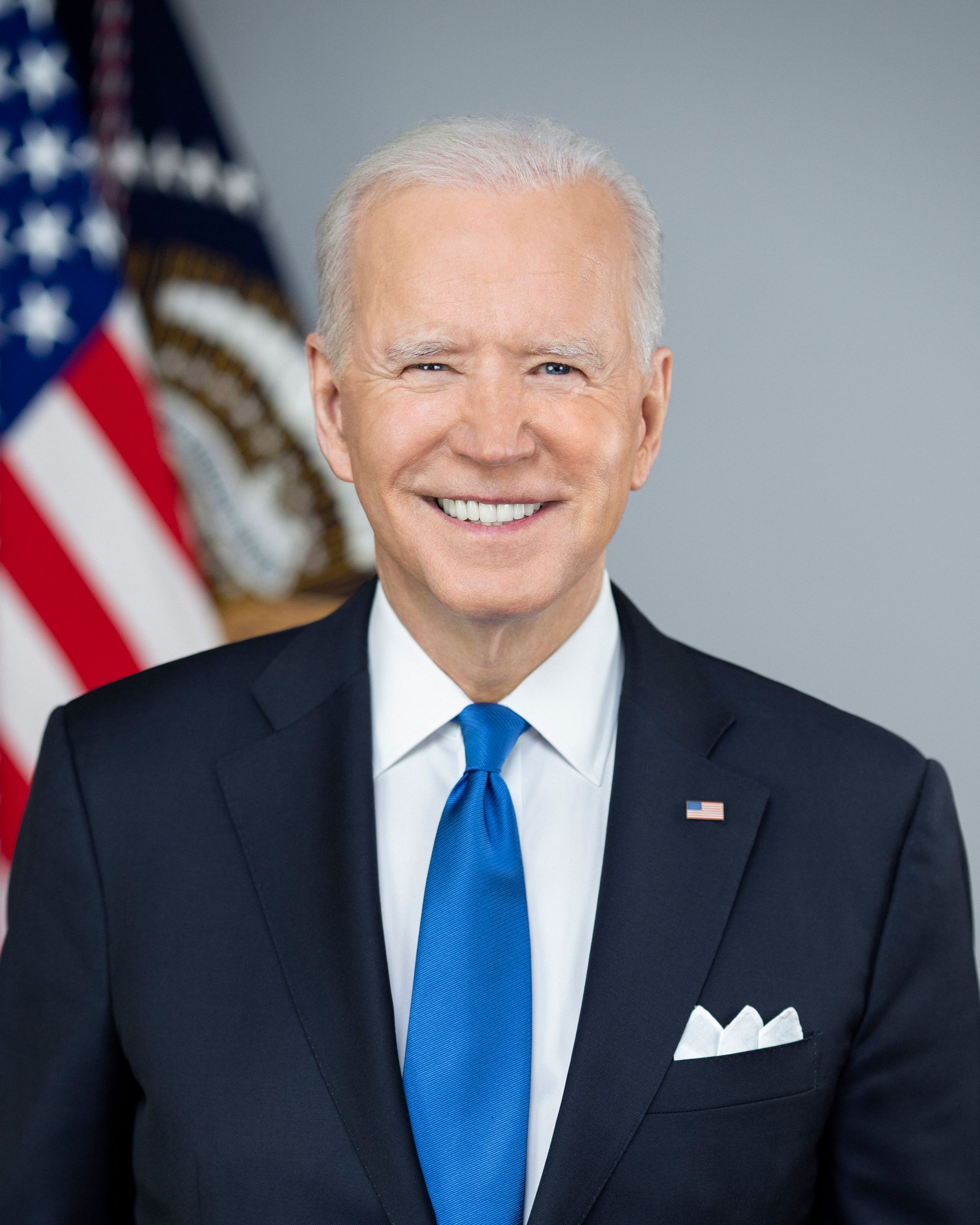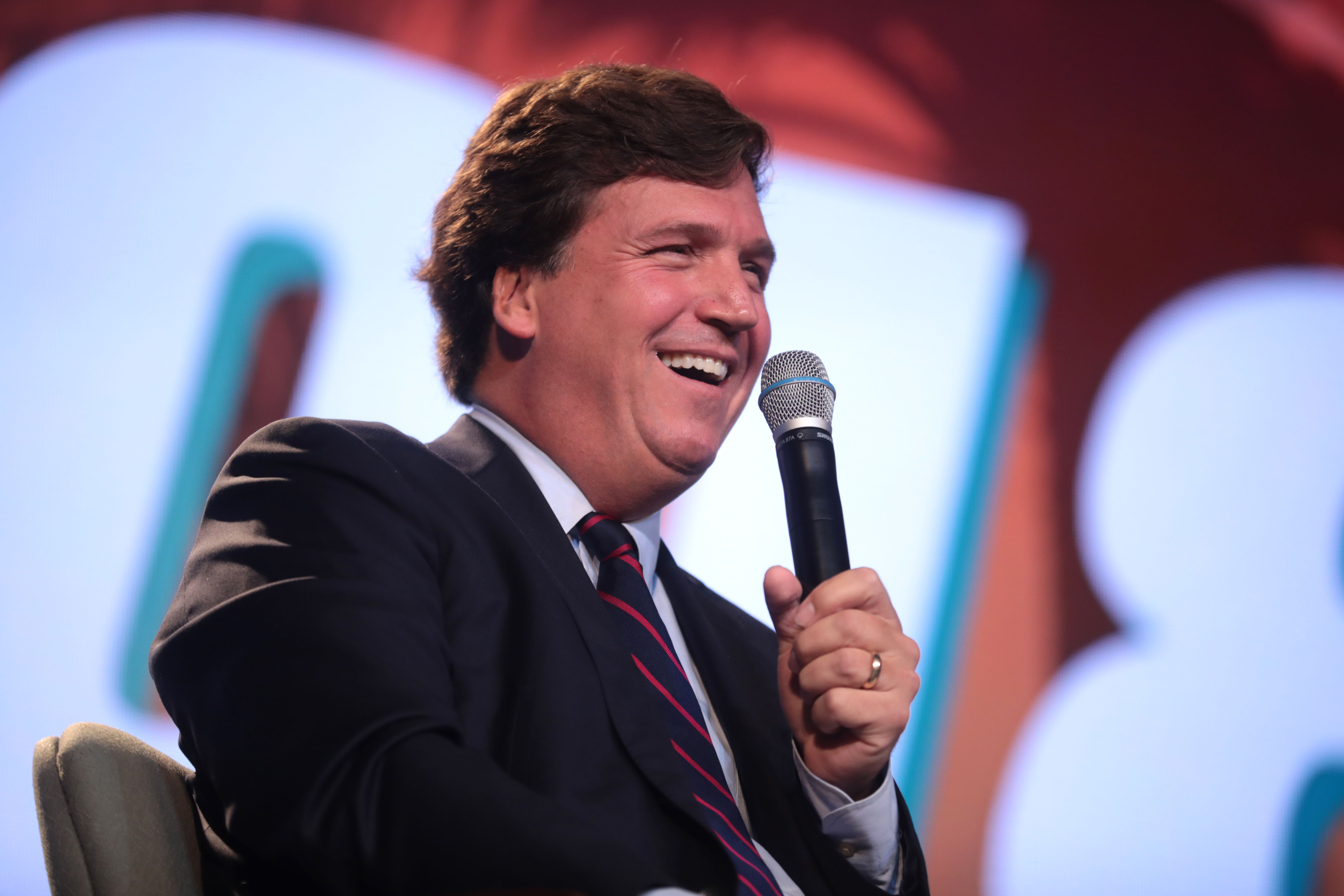By Jen Mercieca
“The president of the United States spent four minutes on Tuesday talking to the American public about the possibilities and dangers of artificial intelligence. No, not that president,” wrote Peter Baker and Michael D. Shear in the lede of their New York Times article about Donald Trump’s indictment, “The one who actually occupies the Oval Office.”
The article was not well received on Twitter, with critics accusing Baker and Shear of celebrating Trump’s indictment on 34 felony charges as a win for Trump and a loss for Biden. While there was much mockery about the “competition for attention” framing of the article, there are also legitimate (and legitimately serious) issues reflected in how the article is framed.
First, Trump is America’s “outrage president.” Like PT Barnum, he knows how to get and keep our attention, and he’s shockingly good at it.
By that metric, Trump has had a pretty good couple of weeks: he has generated more cable news coverage for himself in the past two weeks than he did at any time since 2020. Web traffic to his social network has surged. Trump has claimed that he has raised $8 million since he broke the news of his impending indictment. And, perhaps most noteworthy for the 2024 election, Trump has taken advantage of a “rally around the flag” boost in popular support to push other possible Republican nominees out of the national spotlight.
While all of that is true, the metrics of attention and engagement are a terrible way to judge American politics. Is it actually better to be an indicted former president soaking up media attention, or is it better to be the current president, hard at work on the nation’s business? Obviously, the correct answer is it’s better to be President Biden than it is to be the twice impeached and currently indicted Former President Trump—but suggesting otherwise is “savvy.”
The article is written in what NYU journalism professor Jay Rosen calls the “savvy style” of journalism. “Savviness is that quality of being shrewd, practical, hyper-informed, perceptive, ironic, “with it,” and unsentimental in all things political,” Rosen wrote in 2011. “And what is the truest mark of savviness? Winning, of course! Or knowing who the winners are.”
So when Baker and Shear describe “the tale of two presidents on this spring afternoon, one quietly focused on technology policy, the other having his fingerprints taken” as “the unique challenge that has confronted Mr. Biden since taking office more than two years ago”—they’re demonstrating that while Trump is losing in the legal system, it is savvy to understand that he’s actually winning the attention war, which is the only metric that matters. “No commander in chief in more than a century has been eclipsed in the public eye by the leader he succeeded the way Mr. Biden has at times,” they savvily conclude.
Trump was America’s “outrage president,” Biden is most definitely not. Biden’s communication strategy has never been about controlling the news cycle through outrage; that’s just not his goal. Biden’s goal is to work for the American people, not the ratings.
But there’s another important question to ask about how Baker and Shear framed their article: does the United States have two presidents? In all seriousness, it’s easy to be confused.
Trump calls his personal plane “Trump Force One”—like the real president’s “Air Force One.” He still refers to his wife, Melania, as the “First Lady.” They still play “Hail to the Chief” when he makes an appearance at his private club. Trump very much continues to use the trappings of the office of the president as part of his “brand.”
And, of course, Trump has never admitted that he is not in power. What do you call a former president who never conceded that he lost reelection, who doesn’t leave the “public stage” when he’s no longer in office, who continues to claim presidential immunity, and who refuses to admit—to himself or to his followers—that he’s no longer president?
We don’t have a term for that person in America, but other nations that have dealt with this problem do. There’s a long history of monarchs claiming to be the rightful rulers of their nation, even when out of power. In Britain, they call that person a “pretender” to the throne. While the word “pretender” connotes play-acting to modern ears, it derives from the French word “pretender,” which means “to claim, demand,” or “to assert, allege,” or “to aspire to.” According to the OED, a ”pretender” is a “person who aspires or makes a claim (in modern use especially groundlessly) to an honour, inheritance, office, victory, etc.”
We might consider borrowing the term because it would offer some clarification for stories like the one written by Baker and Shear: the President worked in his office in Washington while the Presidential Pretender was indicted in a New York City courtroom.
Donald Trump is a “pretender to the presidency.” In addition to being a twice impeached president, an indicted former president, and a 2024 presidential candidate--Trump is also America’s first Presidential Pretender. He claims he’s president, he asserts he’s president, but he’s not president.
It’s actually pretty amazing that we haven’t had a presidential pretender before now. Our current political moment is so unusual that we don’t have the right words to use to describe it—and that’s a problem. Words matter because they describe and reflect reality. If we can’t name it, then we can’t decide whether it is good or bad or what to do about it. We have a Presidential Pretender in America, and he attracted a lot of news coverage because he was indicted.





